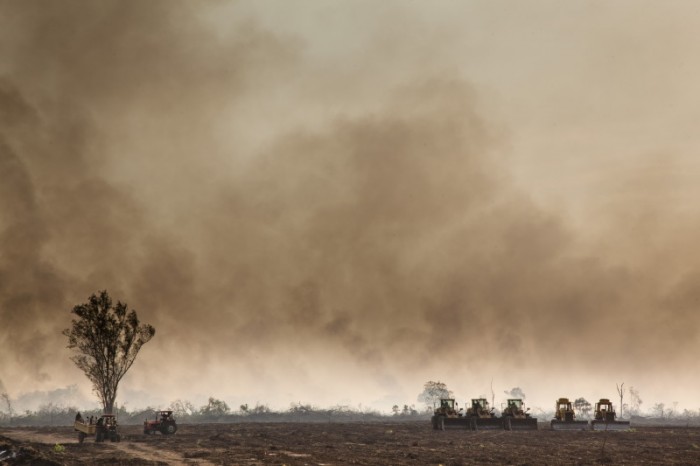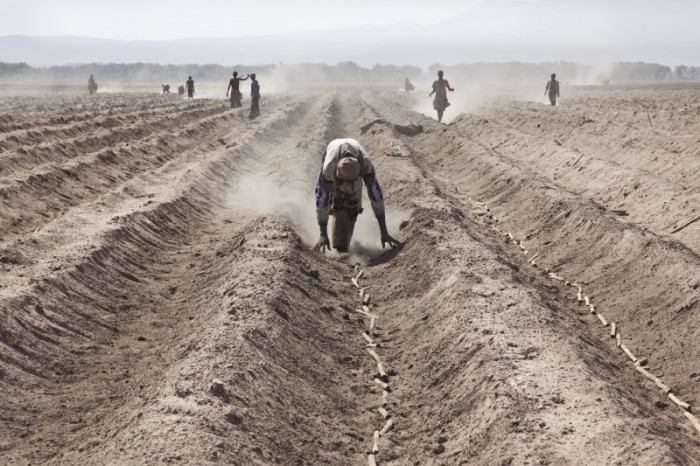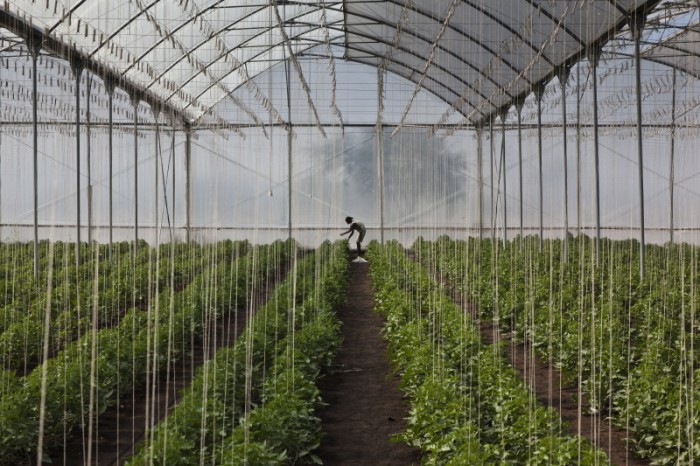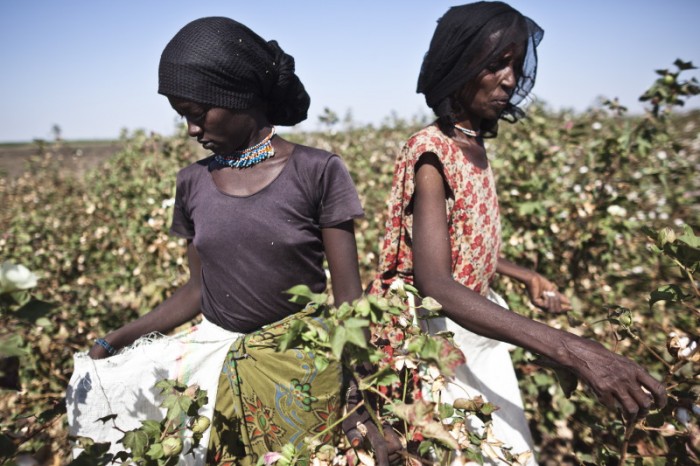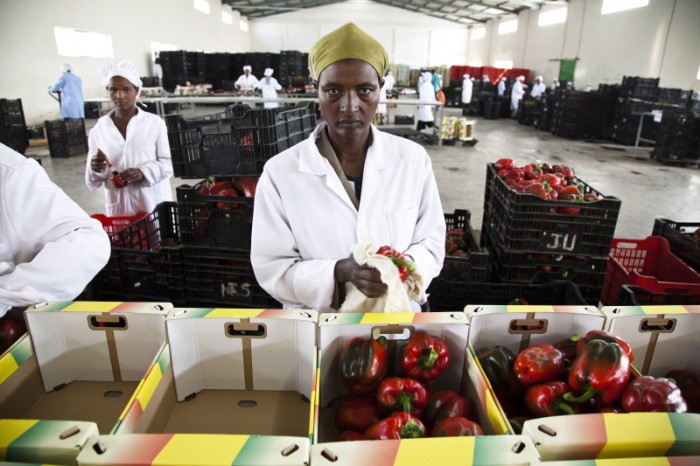Land grabbing or investment?
-
PhotographerAlfredo Bini/cosmos, Italy
-
Website
Land Grabbing or Land to investors?
â??Over the next 40 years the worldâ??s population is expected to grow by 34%. This implies the necessity for an increase in agricultural production of 70%.â??
After the crisis generated by the 2007 Subprime, international investors, researching new markets, started investing in food commodities. This led to price increases that provoked the partial block of export from producing countries. The governments of the most vulnerable countries were therefore obliged to engage in a difficult quest for alternative supply sources in order to guarantee their needs. Investment in land overseas was pinpointed as a possible solution, thus marking the beginning of the Land Grabbing phenomenon.
For the Arab Peninsula states it seemed natural to take advantage of the geographical proximity and the consolidated political connections with Ethiopia. With the additional benefits guaranteed by Prime Minister Meles Zenawiâ??s government and by various development funding programmes promoted by the World Bank and the IMF, they launched into agribusiness with the Ethiopian government and a small group of local and overseas investors. Monocultures for food and bio-fuel production thus arose, in addition to the thousands of greenhouses yielding fruit and vegetables which are exported daily to the elegant hotels and restaurants of the Arab Emirates.
â??This land is virgin and emptyâ?? asserts the government; â??It was cultivated or used as pastureâ?? is the affirmation of those who have lived there for generations, who also complain about indifference of government officials towards the impact that these projects have on the environment and the water resources.
Leased mainly through private negotiations, the latifundia are intended to meet the growing demand for food and bio-fuel of the developed countries, but with more than 6 million people in the regions of Afar and Somaliland surviving thanks to food aid programs, and the average area of no more than 0,6 hectares per family for the traditional farming plots, they also attribute controversial connotations to Land Leasing.
Whoever disagrees with this policy, though, is an enemy of progress and Ethiopia, and as such is seen as a traitor, a decidedly unenviable condition since the opposition obtained just one seat out of 547 in the last elections.
â??I wouldnâ??t define it as Land Grabbing. We exploit the economic opportunities which came about after the food price shock of 2007. The land is offered by the government, who is its legitimate owner. We donâ??t pay much rent (less than $ 2 per hectare) but in exchange we create infrastructures and jobsâ??.
*Birinder Singh: general manager of Karuturi Agro Products, licensee of a 100.000- hectare compound expandable to a total area of 300.000 hectares in the Gambella area.
Ethiopiaâ??s annual agricultural export figures are close to those of the food aid the country receives from the World Food Program!
Alfredo Bini is a free-lance photographer and has found his own personal form of expression in social reportage photography. He concentrates on stories of social relevance and hopes that his images contribute to the enhancement of public awareness of unbalanced situations. His work has been on show in exhibitions and photography festivals in Europe and the USA. His reportages won national and international awards such as Travel Photo Of The Year, IPA Awards, PX3-Prix de la Photographie, Fotoweek DC Washington, Bruce Chatwin Award, Days Japan award and are used as debating material for presentations and conferences in public venues, Universities and on tv news programs. He is represented by the agency Cosmos since 2010.
Awards Alfredo Bini is an Italian photographer and photojournalist living and working in New York City.
His journalistic perspective combined with his artist eye produce memorable and noteworthy images that have been published in globally recognized publications. He has worked worldwide with newspapers, magazines, and television, reporting on war, social and political issues and is frequently a guest lecturer in different educational institutions. His work has also been published in academic publications, including Harvard University and DePaul University. He works on editorial, corporate and advertising projects and has been a contributor and consultant for films and documentaries including Sundance awarded and Academy Award nominated motion pictures.
He is also a project researcher at UC Berkeley for the Department of Environmental Science, Policy & Management and their Ecohydrology and Water & Society Lab.
